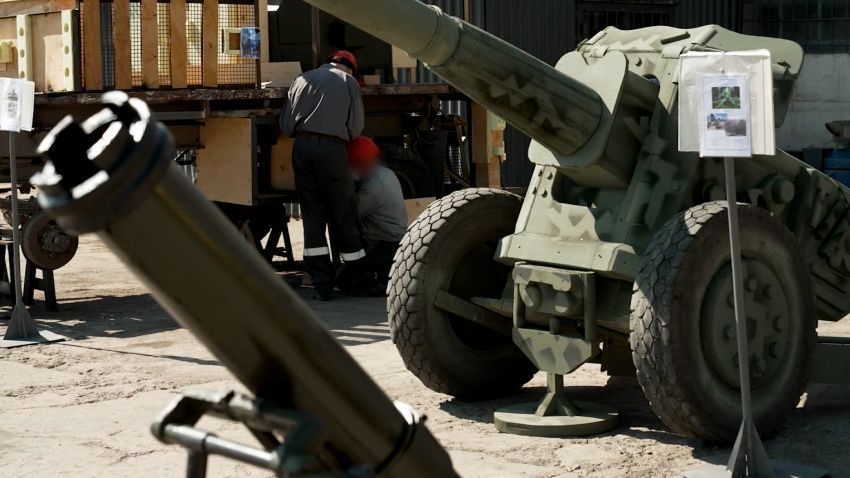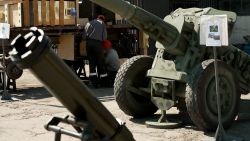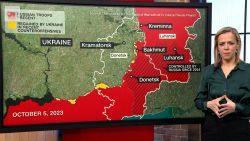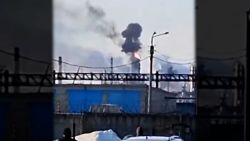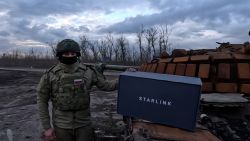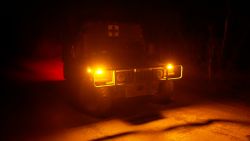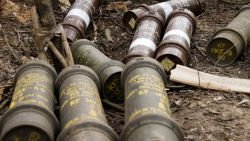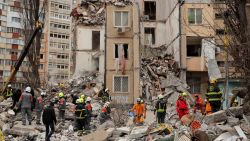They are created with one single aim in mind: to be destroyed as quickly as possible. And in that, the steelworks company behind them boasts, these decoy weapons are remarkably successful: hundreds have been targeted by Russian forces almost as soon as they were deployed.
Ukrainian D-20 gun-howitzers, American-made M777 howitzers, mortar tubes, air defense radars… the list goes on. If it is deployed and operational in Ukraine, chances are that Metinvest has either copied it, or is in the process of doing so, inside the small hangar that sits, tucked away, on the edge of a vast industrial site in central Ukraine. There you will find an impressive array of replicas of the latest American and European killing technology.
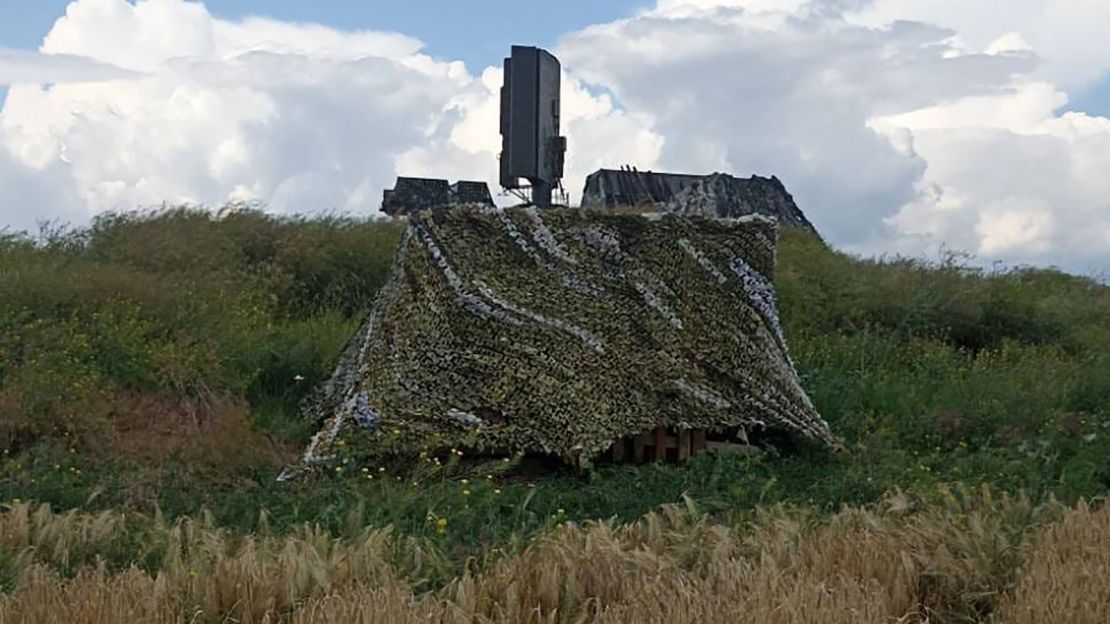
Before the war, the company was Ukraine’s largest metallurgy group but had no involvement in arms manufacture, according to a representative of the company who asked to remain anonymous. In fact, it still doesn’t, as its only foray into the world of weaponry is this side line in decoys, remarkably true to life but equipped with neither the firing range, nor the hefty price tag.
The aim, says the spokesman, is twofold: to save Ukrainian lives and to trick Russians into squandering their own, very expensive, kamikaze drones, shells and missiles.
The idea is that, from the sky, the decoys should look worthy of attack, without spending too much. And that has meant striking a balance in the choice of materials, complementing cheap plywood – which doesn’t give off the right heat signature to trick Russian heat-seeking radars and drones – with enough metal that they should be fooled
“War is expensive and we need the Russians to spend money using drones and missiles to destroy our decoys”, explains Metinvest’s spokesman. “After all, drones and missiles are expensive. Our models are much, much cheaper.”
Take, for instance, the M777 155mm howitzer. The real thing costs several million dollars. Metinvest’s version costs under $1000 to make and involves nothing fancier than old sewer pipes. But – and this is the point – it costs Russian forces just as much to destroy with a drone strike as the real thing.
“After each hit, the military gives us trophy wreckage,” explains the company’s spokesman, “We collect them. If our decoy was destroyed, then we did not work in vain.”
Initially the decoys were fairly crude, he says. When the war began the company’s workers scrambled to make replicas to be rushed to the front lines, in order to make Ukraine seem better armed than it really was. But as the war has worn on and the weaponry arriving in the country has grown ever more sophisticated, so too have Metinvest’s decoys.
The real test now – the measure of each decoy’s success – is how long they stay in the field. If one design survives too long, the company’s decoy designers go back to the drawing board. As a result, the company’s catalogue of fake weaponry is getting impressively long and varied.
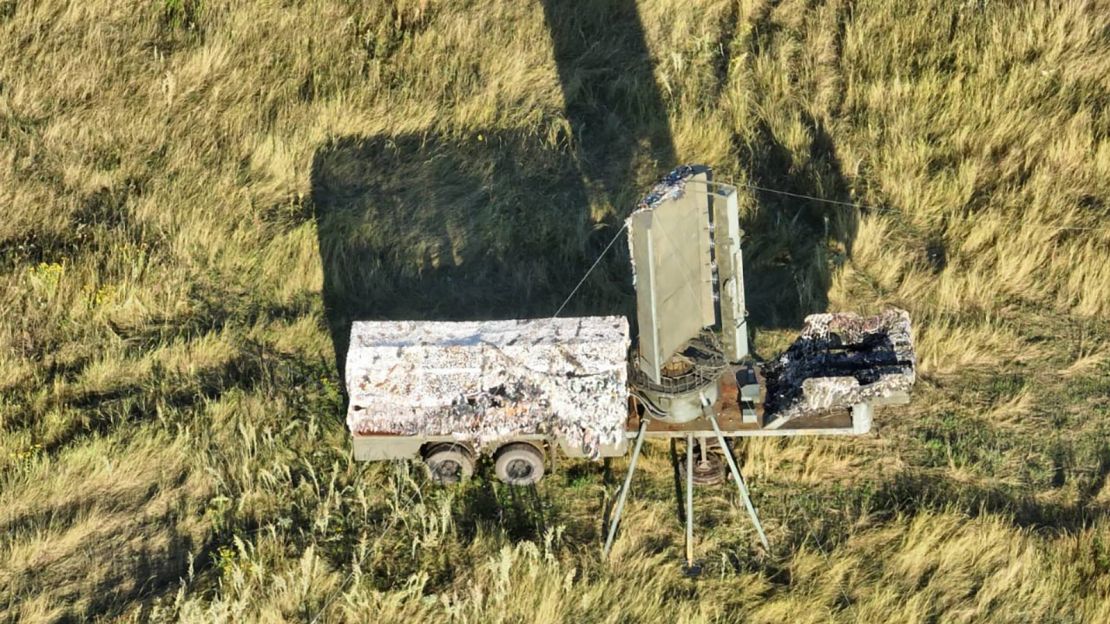
“We do not count the number of decoys produced, but the number of those destroyed, and this is the main thing for us,” says the spokesman. “The sooner our decoys are destroyed, the better for us”.
So far, he says, many hundreds have been destroyed and the company is struggling to keep up with the army’s demand. He shows us photographs of the decoys out in the field, in various stages of their short life, until finally coming upon a picture of which he is particularly proud.
It shows, hanging from a tree somewhere in Ukraine, a life-size effigy of Russian President Vladimir Putin. It is also the work of his men, he says with satisfaction, and like the weapons, he hopes, soon a thing of the past.

